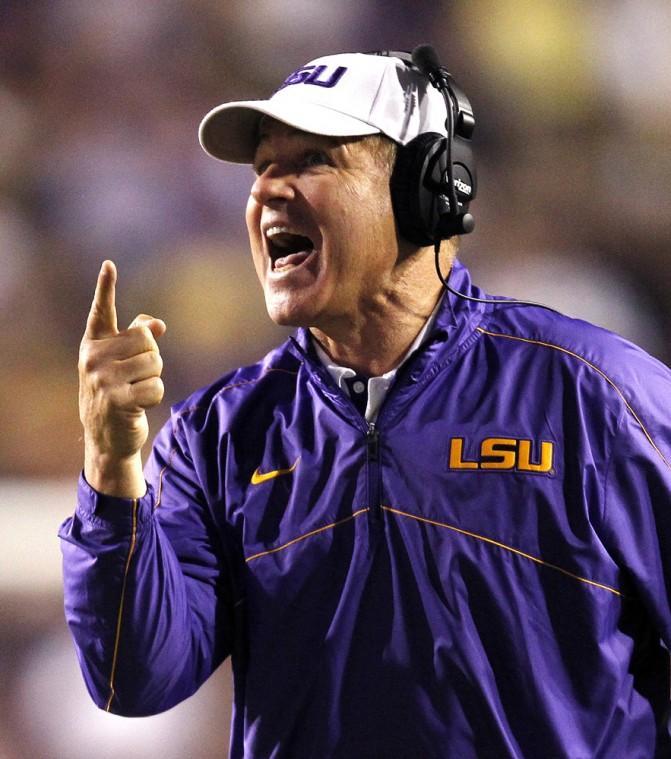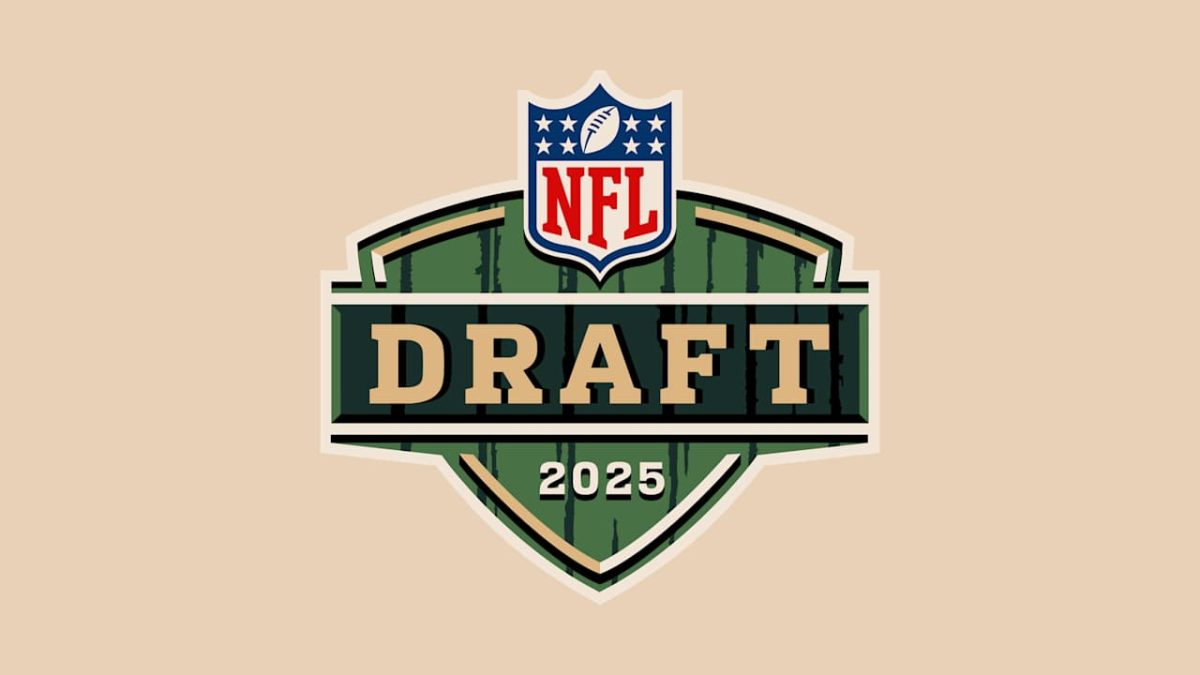Coaches usually fear their teams playing up or down to the quality of an opponent.
The 2012 season was more proof that LSU coach Les Miles embraces it.
Throw out the preseason expectations brought on by a brilliant 2011 and recognize this fall as a worthy follow-up to the greatest LSU regular season ever.
No, the Tigers likely won’t finish in the top five, play in a BCS bowl or win any championships, and they didn’t necessarily look good along the way.
It’s rarely pretty with Les, and that is both his biggest strength and a fan’s ultimate gripe.
During the 2012 season, the Tigers reverted back to the Miles mean, which is often infuriating and exhilarating all at once.
The 2011 season was the outlier, a statistical anomaly in which LSU won nine Southeastern Conference games by an average of 27 points.
Including this year’s one-touchdown average, that figure is 12 points in Les’ other 40 wins against SEC competition. The close games, the playing down to inferior teams, the relieving escapes: they were back in full force this fall.
Regressing in this case still means one of the dozen or so best regular seasons in program history.
Not to mention the obstacles LSU overcame in the process just to get there.
Both internal and external issues to the program made it a trying fall.
Last year’s Heisman Honey Badger was kicked off the team in August, the Tigers featured a new starting quarterback and the defense lost four drafted players from 2011’s daunting unit.
The roster volatility was just beginning, as LSU lost 10 major contributors for significant time due to suspension or injury.
The offensive line was a wreck early in the season, as Zach Mettenberger’s blind side was in peril after left tackle Chris Faulk was lost for the season to a knee injury after one game.
The entire right side of the line missed much of the stretch run, with Alex Hurst and Josh Williford battling long-term injuries.
Freshmen and first-time starters aren’t supposed to anchor an offensive line, especially for an offense predicated on a power run game, but that’s exactly what sophomore La’el Collins and freshmen Trai Turner and Vadal Alexander did down the stretch.
The fact that Mettenberger played his best four games of the season, statistically, with them filling in should have fans excited for the future up front.
Three freshmen were among LSU’s top six defensive backs, and they performed admirably until allowing 300 yards in each of the final three games, all Tiger wins.
Junior cornerback Tharold Simon never lived up to the billing as the next Patrick Peterson or Morris Claiborne.
Those shakeups should have ruined LSU. Just look around college football for actual examples. True underachieving is USC and Lane Kiffin, who got his Heisman finalist back yet still couldn’t win more than seven games in a decent Pac-12.
Michigan was uninspiring with and without Denard Robinson, Arkansas imploded after the Bobby Petrino fiasco and even Florida State found room for one tank job in a putrid ACC.
Each of those teams began the year in the top 10. None of them finished the regular season there.
Then there are the rigors of the schedule, which was supposed to ease up after a brutal but rewarding 2011 run.
Instead, the Tigers’ slate included a pair of road and home matchups with current top-10 foes. Road games against a BCS-bound Florida squad and the probable Heisman winner in Johnny Manziel at Texas A&M were all decidedly more difficult than they looked back in August.
So bemoan LSU’s likely non-New Year’s Day bowl fate or a close call against Alabama and the nation’s second-most efficient quarterback in A.J. McCarron all you want.
Losing a Heisman finalist and a starting left tackle with a new quarterback after a national championship appearance sounds more like a rebuilding year than another title run.
If a rebuilding year means a No. 9 ranking and 10 wins, call it regression at its finest.








